When Livingstone Mzukisi Sakata, the Northern Cape Director of Public Prosecutions, was named acting Johannesburg DPP, the legal community felt the tremor of a shifting tide. The appointment lands on September 1, 2025, just weeks after Andrew Chauke, a senior advocate, was suspended by Cyril Ramaphosa, President of the Republic of South Africa. All eyes are now on the pending SAFA fraud case, where the fate of a former football chief and three co‑accused hangs in the balance.
Background on the prosecutorial shuffle
The National Prosecuting Authority (NPA) announced on Friday that Sakata will step into the acting role for the Johannesburg division, a jurisdiction that includes the Johannesburg Specialized Commercial Crime Court. His term, set to begin on September 1, 2025, follows a brief but intense period of uncertainty after Chauke’s removal on July 21, 2025 (some reports suggest the suspension was first hinted at in June).
Sakata’s résumé reads like a prosecutorial masterclass. Appointed as Northern Cape DPP in April 2022, he previously coordinated the organised‑crime component for the Eastern Cape in 2003 and served as acting DPP there from February 2020. He holds a B Proc degree from the University of Fort Hare and has logged more than two decades fighting crime from the courtroom to the corridors of power.
Details of the SAFA fraud case
The case erupted on August 15, 2025, when the Specialised Commercial Crimes Court heard the first appearance of South African Football Association (SAFA) President Danny Jordaan and three co‑accused: CFO Gronie Hluyo, businessman Trevor Neethling, and the media firm Grit Communications. Prosecutors allege that roughly R1.3 million in federation funds were misappropriated between 2021 and 2023.
- Alleged misuse of R1.3 million in SAFA accounts.
- Charges include fraud, theft, and breach of public trust.
- Defence submissions seek withdrawal of charges pending further review.
State prosecutor Moagi Malebati explained that Chauke’s suspension halted the review of defence representations, leaving the case in limbo. The magistrate, Soko‑Rantao, pushed back the next hearing to September 12, 2025, giving the new acting DPP a narrow window to address the pending applications.
Implications of the acting appointment
With Sakata now at the helm, the NPA expects a swift recalibration. Phindi Mjonondwane, spokesperson for the NPA, told reporters, “We did not foresee the suspension, but we trust that Acting DPP Sakata will prioritise the representations of all four accused and move the case forward.” The statement, while measured, hinted at possible bottlenecks: other pending matters in the Johannesburg office could stretch resources beyond the September 12 deadline.
Legal analysts note that the appointment is symbolic as much as procedural. "Having a seasoned prosecutor like Sakata, who has navigated organised‑crime units in the Eastern Cape, brings a fresh perspective," said Johannesburg law firm partner Thandiwe Ndlovu. "Yet, the political undertones cannot be ignored – the president’s direct involvement underscores the case’s sensitivity."
Reactions from key stakeholders
SAFA’s legal team issued a brief comment, asserting that the federation remains committed to “full transparency and accountability.” Meanwhile, civil‑society watchdogs such as Corruption Watch called for “an expedited and impartial process” and warned that any further delays could erode public confidence in the justice system.
Opposition parties, notably the Democratic Alliance, seized on the timing, questioning whether the president’s decision to suspend Chauke was politically motivated. In a parliamentary session on August 20, DA MP John Steenhuisen asked, “Is the removal of an acting DPP during a high‑profile fraud investigation a safeguard of integrity, or a maneuver to steer outcomes?” The question sparked a heated debate, though no formal inquiry has been launched yet.
Looking ahead: next steps for the case
Acting DPP Sakata faces a tight agenda. First, he must review the defence’s withdrawal applications, a task that previously stalled under Chauke. Second, he needs to coordinate with the Johannesburg Specialised Commercial Crime Court to set a realistic timetable for trial proceedings, which could extend into 2026 if the court deems further investigations necessary.
Should the charges be withdrawn, the fallout could ripple across South African sport, prompting calls for stricter financial oversight within SAFA and other national bodies. Conversely, if the case proceeds and culminates in convictions, it may serve as a deterrent for future mismanagement of public funds.
In the words of former NPA chief prosecutor Priscilla Mlambo, “this moment will be a litmus test for our prosecutorial independence. How quickly and fairly the SAFA case moves forward will signal to the nation whether justice truly stands above politics.”
Frequently Asked Questions
Why was Andrew Chauke suspended?
President Cyril Ramaphosa suspended Chauke on July 21, 2025, citing concerns about his fitness to hold office pending an internal inquiry. The move came just as Chauke was set to sign off on defence representations in the SAFA fraud case, raising questions about procedural timing.
What are the main allegations in the SAFA fraud case?
Prosecutors allege that former SAFA President Danny Jordaan, CFO Gronie Hluyo, businessman Trevor Neethling, and Grit Communications misused approximately R1.3 million of federation funds between 2021‑2023. Charges include fraud, theft and breach of public trust.
How might Sakata’s appointment affect the case timeline?
Sakata is expected to prioritize reviewing the defence’s withdrawal applications and set a new schedule for the trial. However, competing caseloads in the Johannesburg office could push the next hearing beyond the current September 12 deadline.
What broader impact could a conviction have on South African sport?
A conviction would likely trigger stricter financial oversight across national sports bodies, prompting reforms in budgeting and audit practices. It could also restore public trust in SAFA’s governance after years of suspicion.
Who else is involved in overseeing the appointment?
The National Prosecuting Authority, via spokesperson Phindi Mjonondwane, announced the appointment. The Johannesburg Specialised Commercial Crime Court and Magistrate Soko‑Rantao will monitor Sakata’s progress in handling the case.

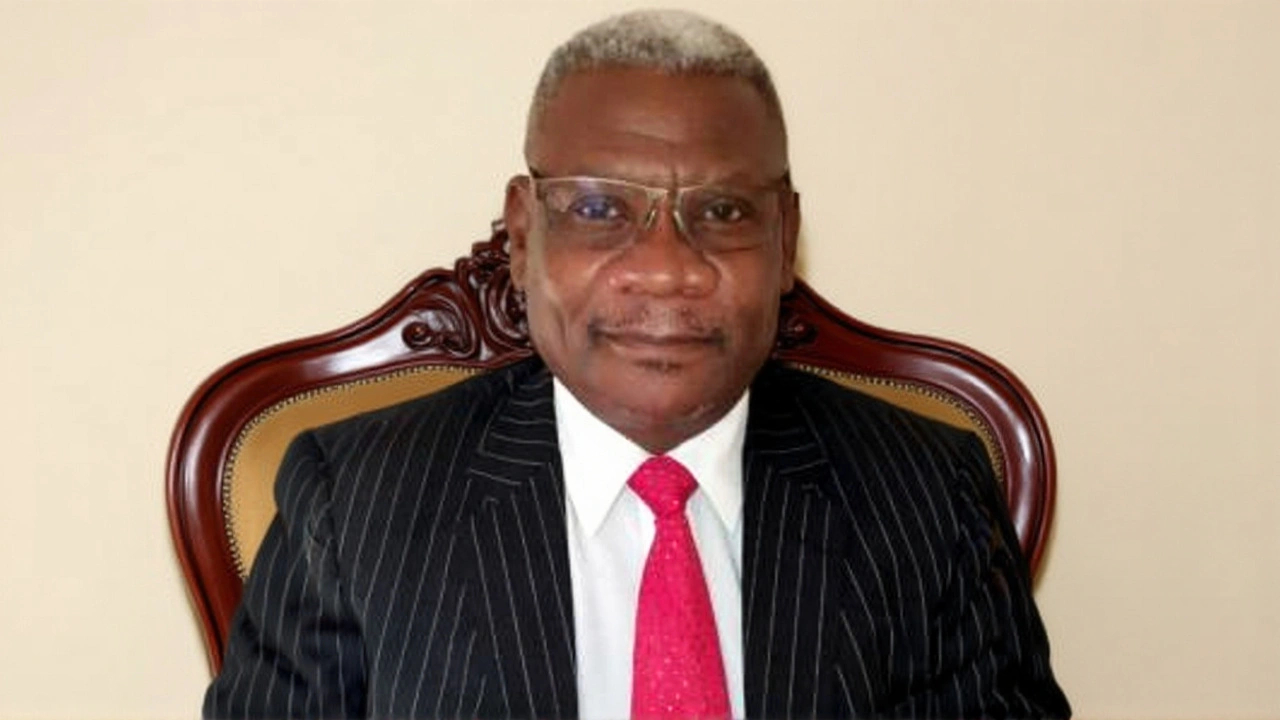
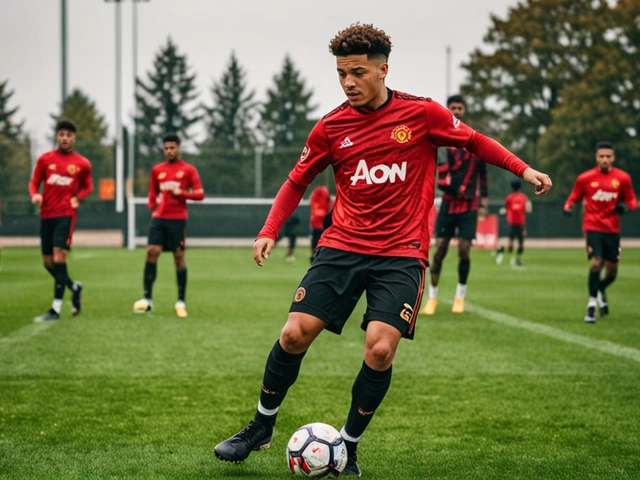
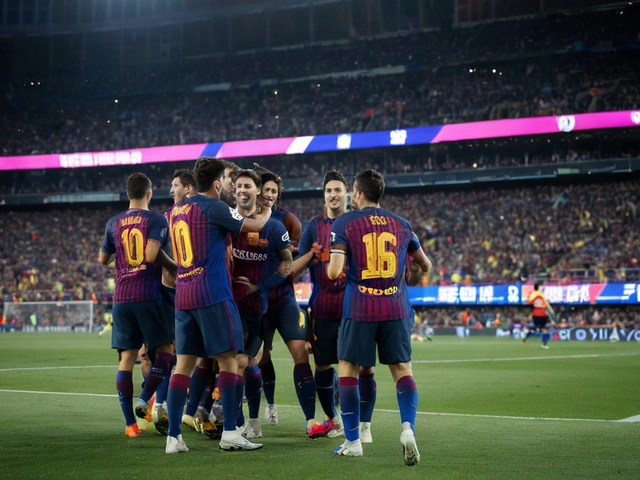
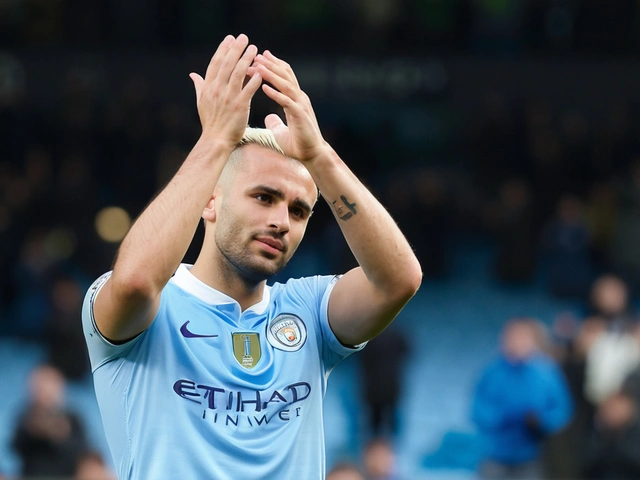
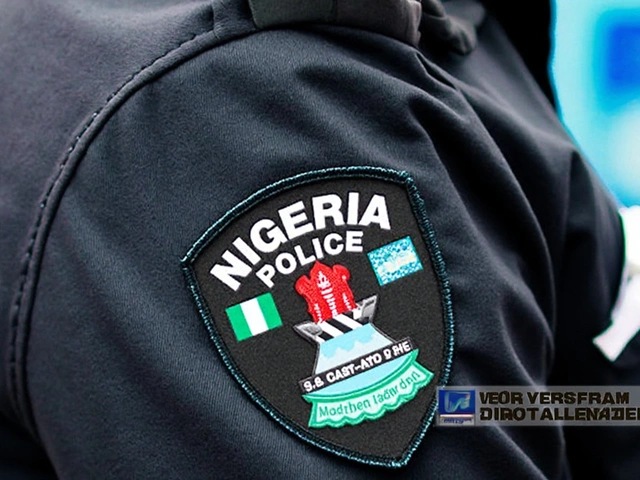
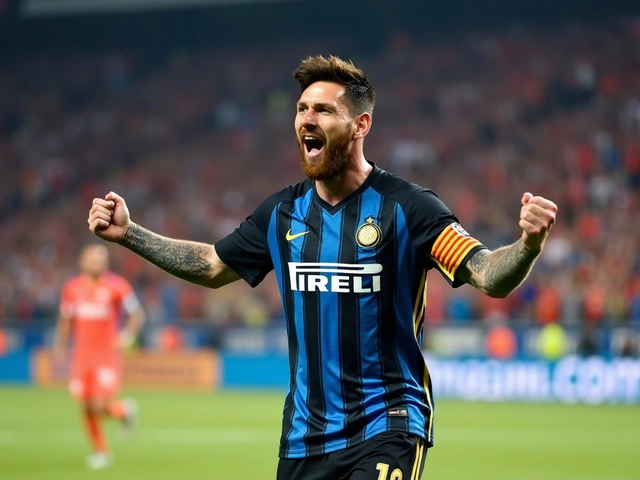
Comments
Govind Kumar
It is noteworthy that the NPA has chosen a prosecutor with extensive experience in organised‑crime units, which could bring a methodical approach to the SAFA case. The timing, barely weeks after the Chauke suspension, suggests a desire for continuity rather than disruption. One would expect Sakata to prioritize the pending withdrawal applications, as the magistrate’s deadline looms. Moreover, his background in the Eastern Cape indicates familiarity with complex financial investigations. In any event, the legal community will be watching closely to see how swiftly the docket advances.
Shubham Abhang
Wow,, what a turn,, the NPA really went out on a limb,, appointing Sakata,, right when the SAFA fraud case is hanging by a thread,, isn’t that just…?,, the president’s involvement adds another layer,, of intrigue,, and the whole thing feels like a chess move,,.
Trupti Jain
The whole saga reads like a dramatic courtroom opera, with stakes that could reshape South African football’s financial integrity; the appointment of Sakata is the crescendo that might finally bring harmony to the discord.
Rashi Jaiswal
Yo, this could finally push the case forward-let’s hope Sakata cuts through the red tape and gets things moving, fingers crossed! 🙌
Balaji Srinivasan
Interesting development.
vikash kumar
One must consider the epistemological implications of appointing a veteran prosecutor such as Mr. Sakata, whose jurisprudential pedigree ostensibly equips him to navigate the labyrinthine intricacies of fiscal malfeasance within sporting institutions.
Anurag Narayan Rai
The appointment of Acting DPP Livingstone Sakata arrives at a pivotal moment for the SAFA fraud proceedings, presenting both an opportunity and a challenge for the justice system.
Sakata’s two‑decade tenure in prosecuting organised crime equips him with a deep understanding of money‑laundering schemes that often underpin fraudulent activities in sports federations.
At the same time, the compressed timeline-reviewing defence withdrawal applications before the September 12 hearing-places immense pressure on his office.
Historically, such pressure has led prosecutors either to expedite processes or to seek adjournments to preserve procedural integrity.
If Sakata opts for the former, we may witness a rapid consolidation of evidence and a streamlined trial schedule.
Conversely, a strategic request for more time could signal the complexity of the financial trail and the necessity of thorough forensic accounting.
The involvement of former SAFA President Danny Jordaan and CFO Gronie Hluyo adds political weight, as their positions could influence public perception of the outcome.
Moreover, the presence of businessman Trevor Neethling and the media firm Grit Communications illustrates the multifaceted nature of the alleged misappropriation.
The magistrate’s insistence on a September 12 deadline suggests a judicial desire to avoid protracted delays that could erode confidence in the NPA.
Yet, the NPA’s own resource constraints, particularly within the Johannesburg division, may test Sakata’s capacity to meet that deadline without compromising due process.
Observers have noted that the President’s direct role in Chauke’s suspension introduces an element of political oversight that could either bolster independence or raise concerns of interference.
Should Sakata navigate these waters successfully, the case could set a precedent for stringent financial oversight across all South African sports bodies.
A conviction would likely trigger legislative reforms, tightening audit mechanisms and enhancing transparency requirements.
Alternatively, if the charges are withdrawn, the public’s trust in SAFA may suffer, prompting calls for internal governance restructuring.
In any scenario, the handling of this case will serve as a litmus test for the balance between prosecutorial independence and political influence in South Africa’s legal landscape.
Sandhya Mohan
When we reflect on justice as a mirror, the image we see is shaped by those who hold the glass; Sakata’s stewardship could either clarify or distort that reflection for the SAFA case.
Prakash Dwivedi
Sakata’s track record suggests he will prioritize the procedural backlog, yet the sheer volume of cases in Johannesburg may force a pragmatic compromise, perhaps delegating certain aspects to senior counsel.
Rajbir Singh
In practice, such delegation often means the core decisions remain with the Acting DPP, so the ultimate direction of the SAFA case will still bear Sakata’s imprint.
Swetha Brungi
The interplay between legal rigor and political timing here reminds me of a delicate dance; each step must be measured, but the rhythm imposed by external forces can easily throw the partners off balance. It will be interesting to see whether Sakata can maintain the choreography without missing a beat.
deepika balodi
Balance is indeed crucial.
Priya Patil
I think the key will be transparent communication from Sakata’s office; keeping the public informed can mitigate speculation and reinforce confidence in the process.
Maneesh Rajput Thakur
One cannot ignore the subtle currents that run beneath these high‑profile appointments; there are whispers that certain interests are quietly steering outcomes to preserve their own foothold.
ONE AGRI
The emotional weight of this saga is palpable, and it reverberates far beyond the courtroom walls, touching fans, sponsors, and the very soul of South African football. While some may view the appointment as a mere administrative shuffle, others sense a deeper narrative of power realignment. The stakes are amplified by the nation’s love for the beautiful game, making every procedural twist feel personal. As the legal wheels turn, the collective patience of the public is being tested, and any perceived delay could be construed as betrayal. Yet, there is also hope that this scrutiny will catalyze lasting reforms, ensuring that future administrators are held to a higher standard of accountability.
Himanshu Sanduja
Let’s hope the process stays fair and transparent for everyone involved.
Kiran Singh
Fingers crossed! 🤞